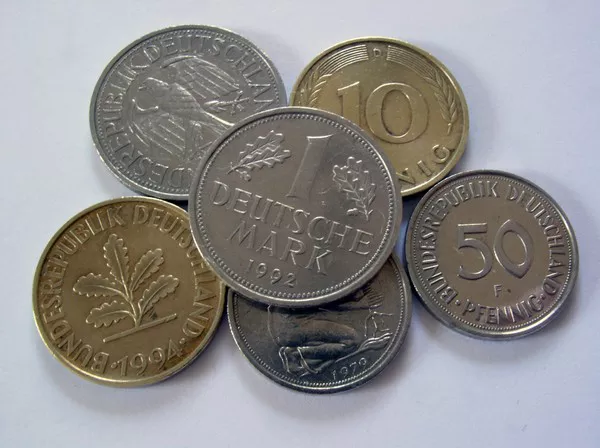In recent months, the value of the British pound has been steadily declining against the euro. This trend has caused concern among investors and those who rely on the strength of the pound for their business dealings. In this article, we will explore the reasons behind this decline and what it means for the UK economy.
Brexit Uncertainty
One of the primary factors contributing to the pound’s decline against the euro is the ongoing uncertainty surrounding Brexit. The UK’s decision to leave the European Union has created a great deal of uncertainty regarding trade agreements and economic relationships between the UK and EU member countries. This uncertainty has made investors hesitant to invest in the UK, which has caused the value of the pound to fall.
The negotiations between the UK and EU have been complex and fraught with difficulty. As of now, no final agreement has been reached, and many issues remain unresolved. This lack of clarity has made it difficult for businesses that rely on cross-border trade to plan for the future, causing many to delay investments or move operations elsewhere.
Interest Rate Differentials
Another factor that has contributed to the pound’s decline against the euro is the difference in interest rates between the two currencies. Currently, the interest rate in the UK is at a historic low of 0.1%, whereas the European Central Bank has kept its benchmark interest rate at 0%. This difference in interest rates has made the euro more attractive to investors than the pound, causing the value of the pound to fall.
Inflation
Inflation is another significant factor that has contributed to the pound’s decline against the euro. The inflation rate in the UK has been rising steadily over the past few years, reaching 2.1% in May 2021. Higher inflation erodes the value of a currency by reducing its purchasing power. As a result, investors lose confidence in the currency, causing its value to fall.
In contrast, the inflation rate in the eurozone has been relatively stable over the same period, hovering around 1.6% to 1.9%. This stable inflation rate has made the euro a more attractive currency to investors than the pound, contributing to the pound’s decline.
COVID-19 Pandemic
The COVID-19 pandemic has also played a role in the pound’s decline against the euro. The UK was hit hard by the pandemic, both in terms of human toll and economic impact. The lockdowns and restrictions imposed to contain the spread of the virus caused a significant contraction in the UK economy, leading to a decrease in investor confidence in the pound.
In contrast, many European countries have been able to manage the pandemic effectively, resulting in less severe economic impacts and greater stability in their respective currencies. This stability has made the euro more attractive to investors than the pound, causing the value of the pound to fall.
Conclusion
In conclusion, the pound’s decline against the euro is the result of a combination of factors, including Brexit uncertainty, interest rate differentials, inflation, and the COVID-19 pandemic. These factors have all contributed to an erosion of investor confidence in the pound, which has caused its value to fall.
While it is difficult to predict the future trajectory of the pound against the euro, it is clear that the issues underlying this decline will need to be addressed if the pound is to regain its strength. This will require a resolution to the Brexit negotiations, a strategy for managing inflation, and a plan for recovering from the economic impacts of the pandemic.
As with any economic trend, there are winners and losers. While the decline of the pound may be damaging to some businesses and investors, it may also present opportunities for those looking to invest in the UK at a lower cost. Ultimately, however, the health of the UK economy depends on a strong and stable pound, and efforts must be made to ensure that this is achieved in the long term.


